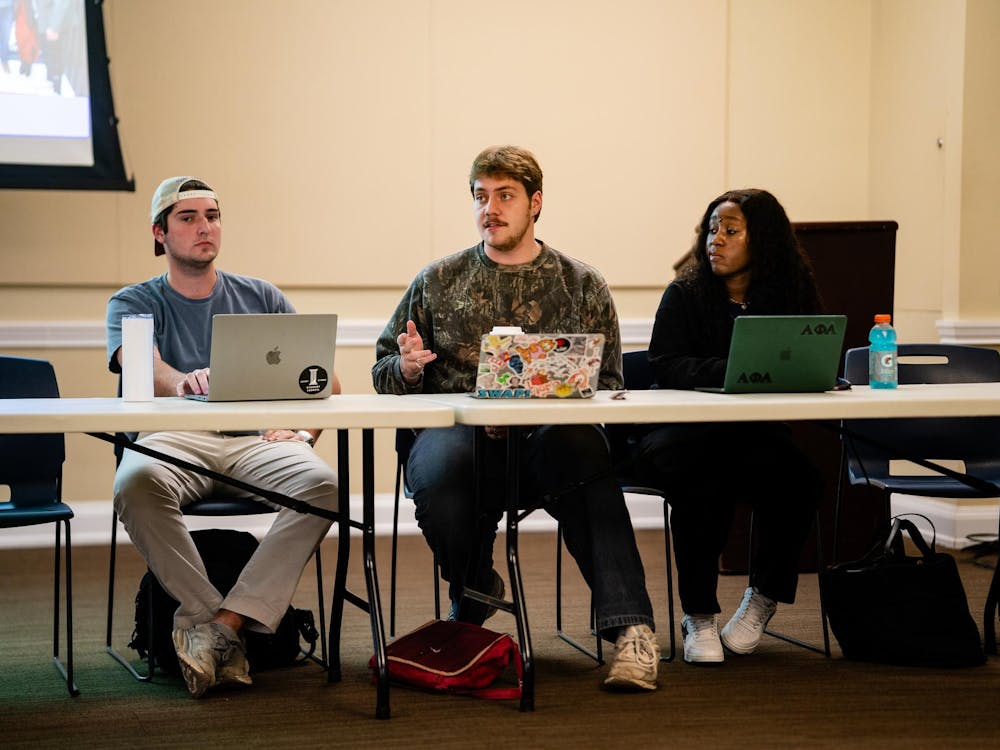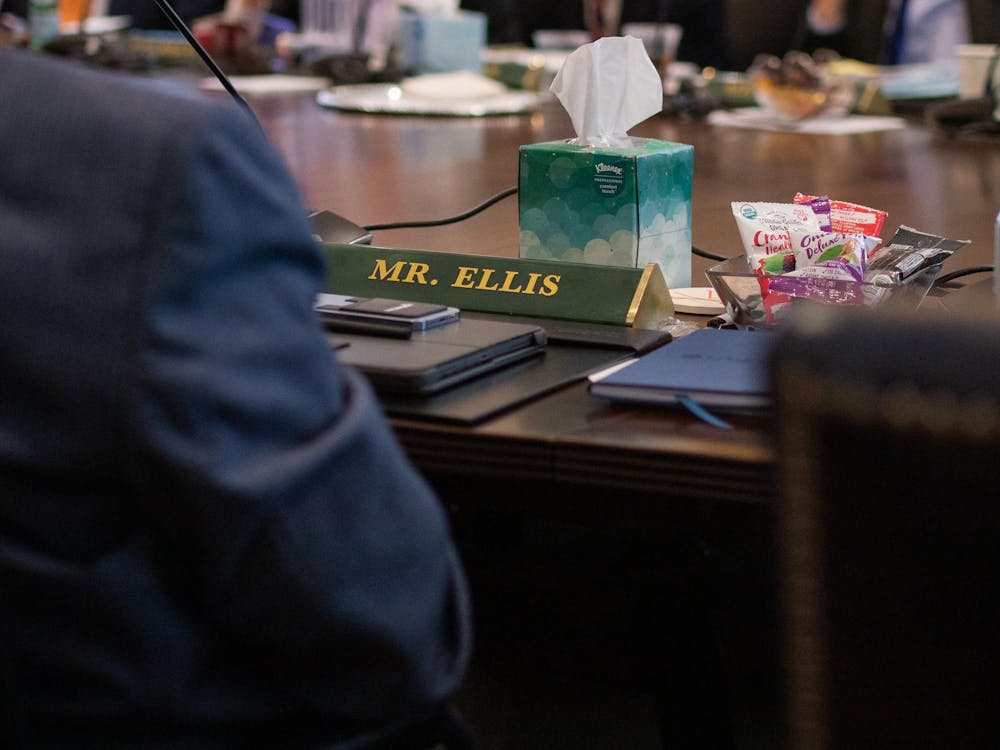The House of Representatives passed a bill last week that seeks to encourage more teachers to work in the nation's poorer school districts by waiving aspiring educators' student loan debts.
The bill, which was passed by voice acclamation, offers to repay up to $17,500 in student loans for teachers who work in schools in which at least 30 percent of students live in households with incomes below the poverty line.
Lawmakers say the program is designed to persuade young teachers to work in poor schools, where salaries often are lowest and teaching conditions often toughest.
"This provides an incentive to teach in Title I schools," said Tiffany Williams, a spokeswoman for Rep. Lindsey Graham, R-S.C., who introduced the bill. Title I is the federal law that covers the poorest school districts nationwide.
The move by the House represents an effort to expand a 1998 law that offered teachers in poor districts $5,000 in student loan repayments.
Though the bill faced little opposition in the House, its prospects in the Senate are not clear.
Senator Edward Kennedy, D-Mass, chairman of the Senate's Health, Education, Labor and Pensions Committee, does not support the loan repayment plan.
"Senator Kennedy has concerns about the proposal. It's expensive," Kennedy spokesman Jim Manley said.
Efforts to persuade debt-ridden college graduates to become teachers are not new.
"There's a long history of loan forgiveness programs," dating back to the 1960s, Education School Dean David Breneman said.
Breneman said he was not sure the program would work.
"I don't know how effective it is as an incentive," he said. But "it probably won't hurt."
One disadvantage of this sort of program from the federal government's perspective is that people who would have become teachers regardless of the payments still get the benefits, Breneman said.
The House's passage of the bill marks an effort by Congress to deal with a growing teacher shortage.
The Department of Labor has estimated 2 million new teachers will be needed in the next decade, and the American Federation of Teachers estimated last year that as many as 60,000 special education teachers were uncertified.
The House bill, H.R. 5091, gives priority to special education teachers.
"A combination of salary and working conditions," might be discouraging more people from becoming teachers, Breneman said.
"The kind of people you want in the classroom are the kind of people who have other options," he added.
The House bill requires that teachers spend at least five years at low-income schools to become eligible for the loan forgiveness.
The program also requires teachers to meet a variety of professional requirements before clearing their student loans. As a prerequisite for eligibility in the program, the bill requires teachers in secondary schools to teach in a subject related to their college major.






